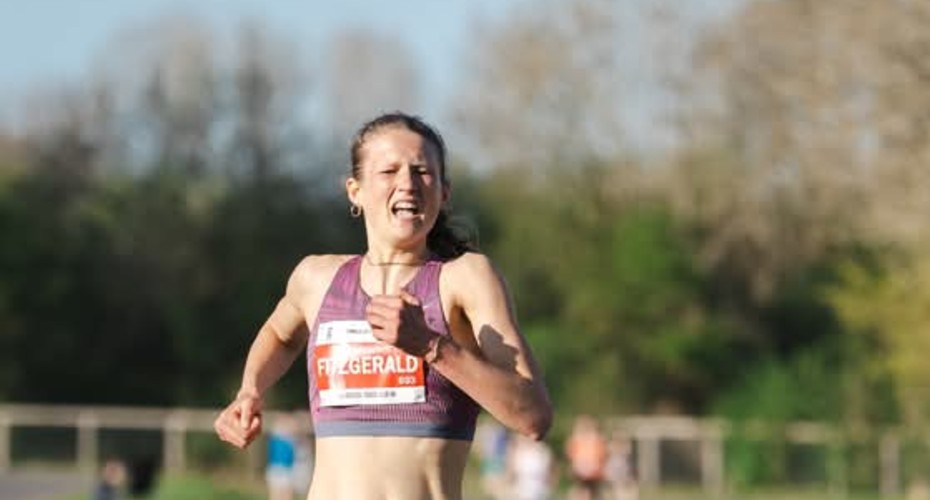Exeter student breaks European running records alongside green activism

An Exeter student dubbed the ‘Greta Thunberg of Sport’ has been smashing European running records alongside her environmental activism.
At just 19 years old, Innes FitzGerald, a first-year Sport and Exercise Science student at the University of Exeter, has already broken two European U20 records. Her most recent victory was a 15.08 time at the Bristol Track Club 5k where she won the Elite Women’s race.
Nicknamed after climate activist, Greta Thunberg, by both the Times and Telegraph, for her environmental stance, Innes has been turning down competitions where she believes a single race does not justify the emissions of the travel.
When she does travel, Innes chooses the most carbon-efficient routes— including a 20-hour journey she took by bus, train, and bike to reach Turin for the European Cross-Country Championships in 2022. Even then, she finished fourth.
Speaking to BBC Sport Innes, from Beer in East Devon said: “I think it comes from my respect for other people. I feel like I have a responsibility to look after people who are in the Global South or who are directly affected by extreme weather events.”
Innes has only been running for three years but is already faster than Olympic legend Paula Radcliffe was at the same age. Her coaching team now includes five-time Olympian Jo Pavey—who has won World, European, and Commonwealth medals—as well as Pavey’s husband and coach, Gavin.
Initially making her mark in 2022, Innes smashed the UK under-17 women’s record to win the SIAB Schools International and has been going from strength to strength ever since. In early February 2025, Innes competed in the 3000m race in Ostrava, as part of the World Athletics Indoor Tour Gold. The Exeter first-year achieved a time of 8:40.05, a new European under-20 indoor record. Here she took eight seconds off the previous European record, held by Sofia Thøgersen, and 16 seconds off the previous British record, held for 40 years by Zola Budd.
Using her growing platform, Innes has been aiming to raise awareness about the environmental cost of high-level sport. Her activism around the carbon footprint of sporting events earned her the Young Athlete of the Year award at the BBC Green Sport Awards in 2023.
“I never set out to achieve an award, just wanted to raise awareness on climate issues in the athletics and sporting world – trying to get more young people engaged. Because I’m in that age bracket, I can reach out to them more easily so that, in years to come, up-and-coming athletes can think about what they’re doing and make decisions that are thoughtful and related to other people and their impact on the climate. They don’t have to sacrifice everything, just try to make people think and make more conscious decisions.”
“I feel powerful when I’m going around the track, like: ‘Look, I can do this.’ I seem to get stronger and stronger and chase times during the session, and at the end I’m on that little runner’s high”
“Looking at things online and stories about other people in developing countries at the front of the crisis is deep down what hurts. Why should they suffer because of what we’re doing? Just because we’re in this privileged position doesn’t mean we should take advantage of that. We need to help these people who don’t have as much as us, and they shouldn’t be suffering.”
Andy Jones, Professor of Applied Physiology in the Department of Public Health and Sport Science and an advisor to Innes, said: “Innes is doing a great job in combining her academic studies, in which she is thriving, with her ambitions as an elite athlete. At the university, we aim to provide the optimal environment for talented sportspeople to balance their degree programmes with their sporting endeavours.”



